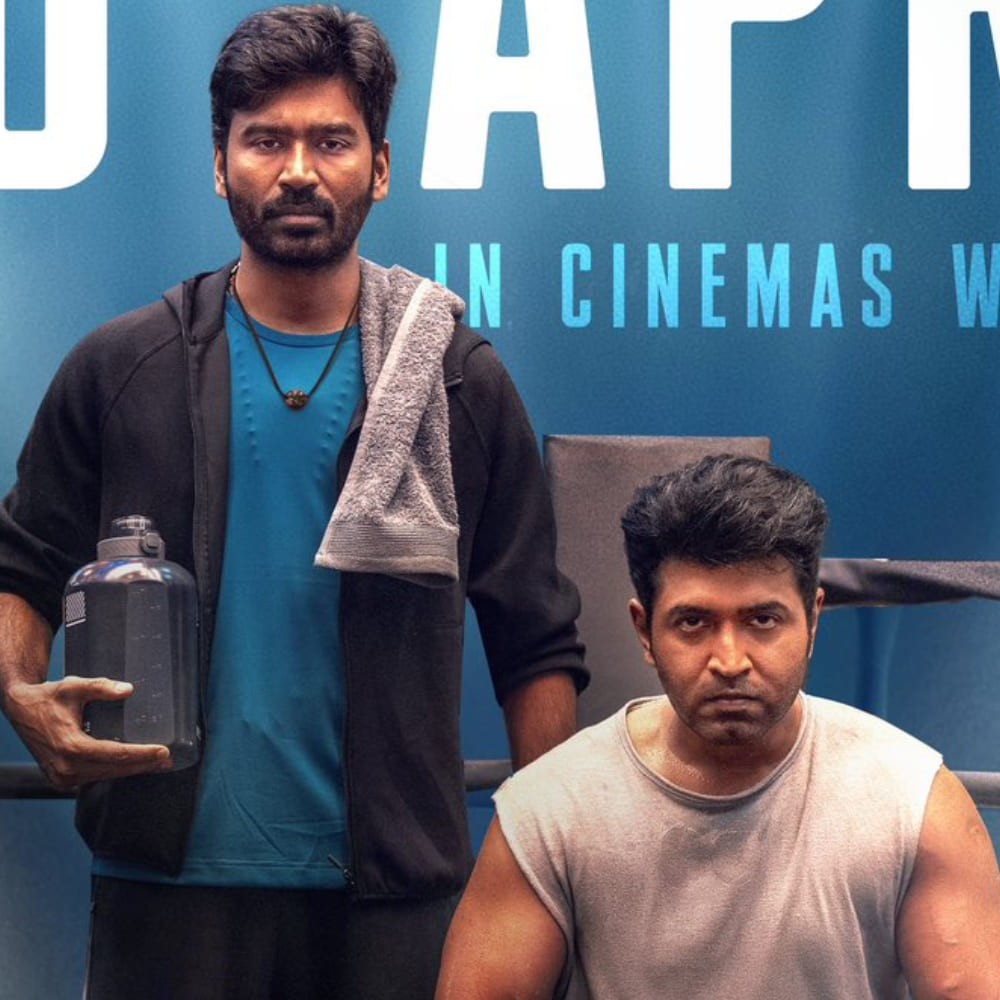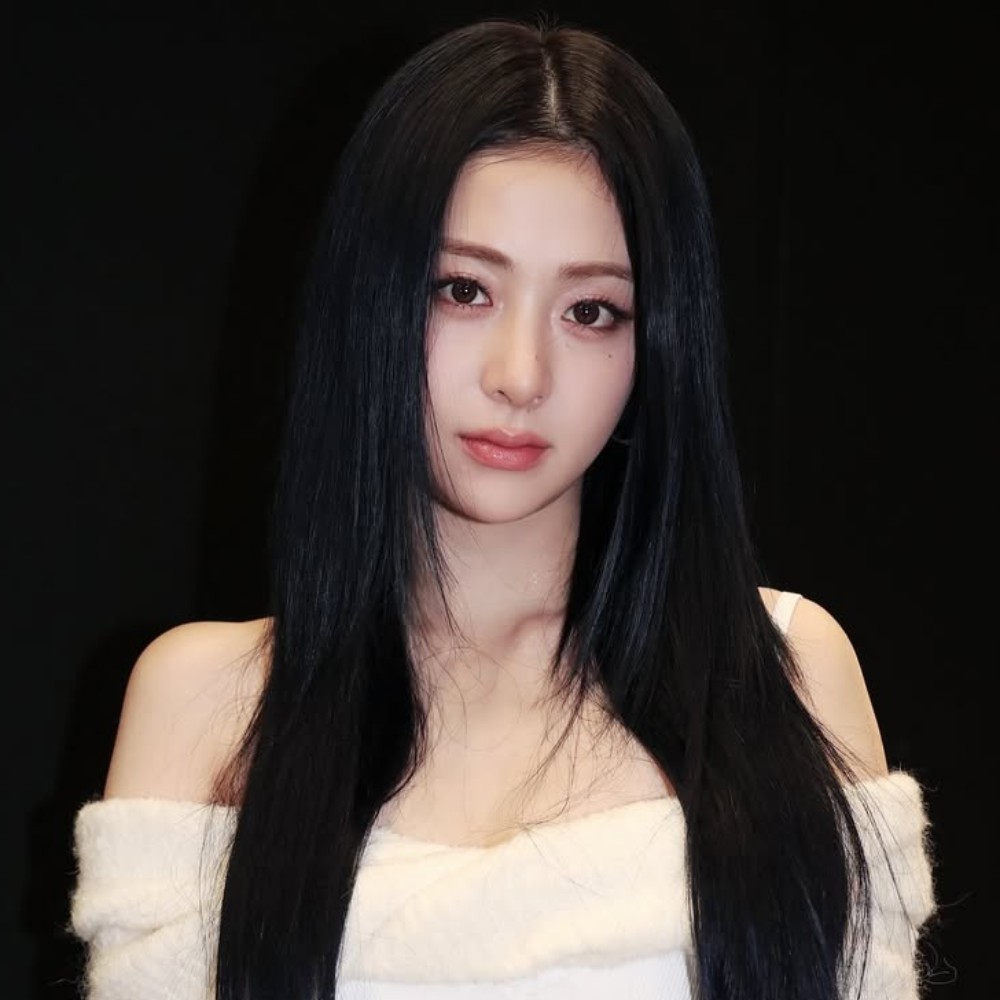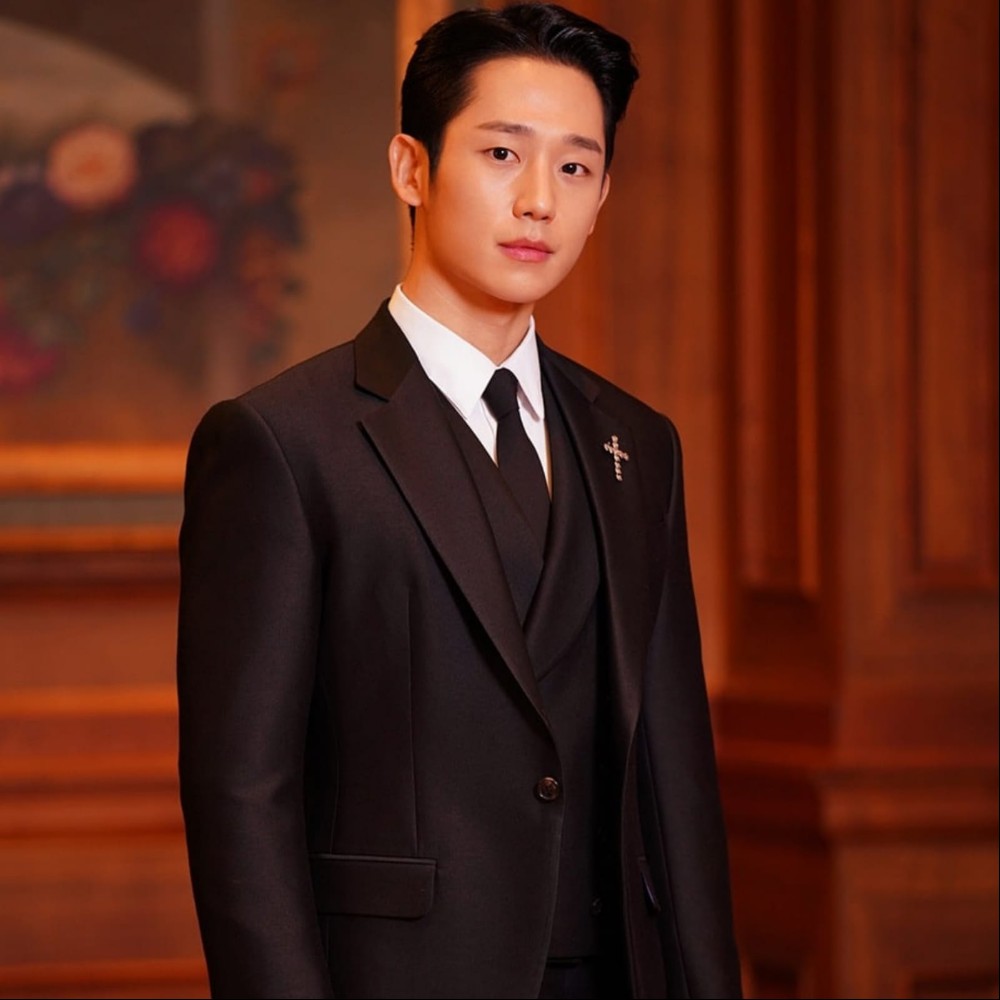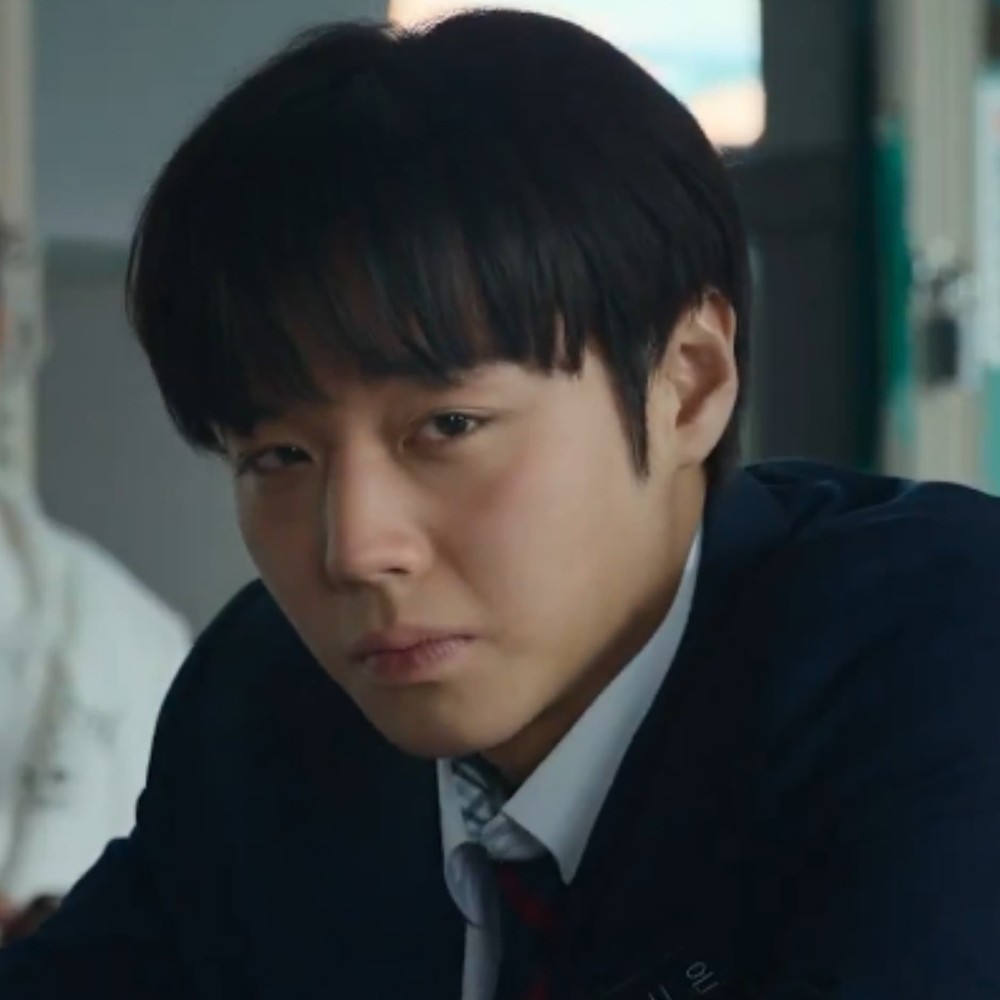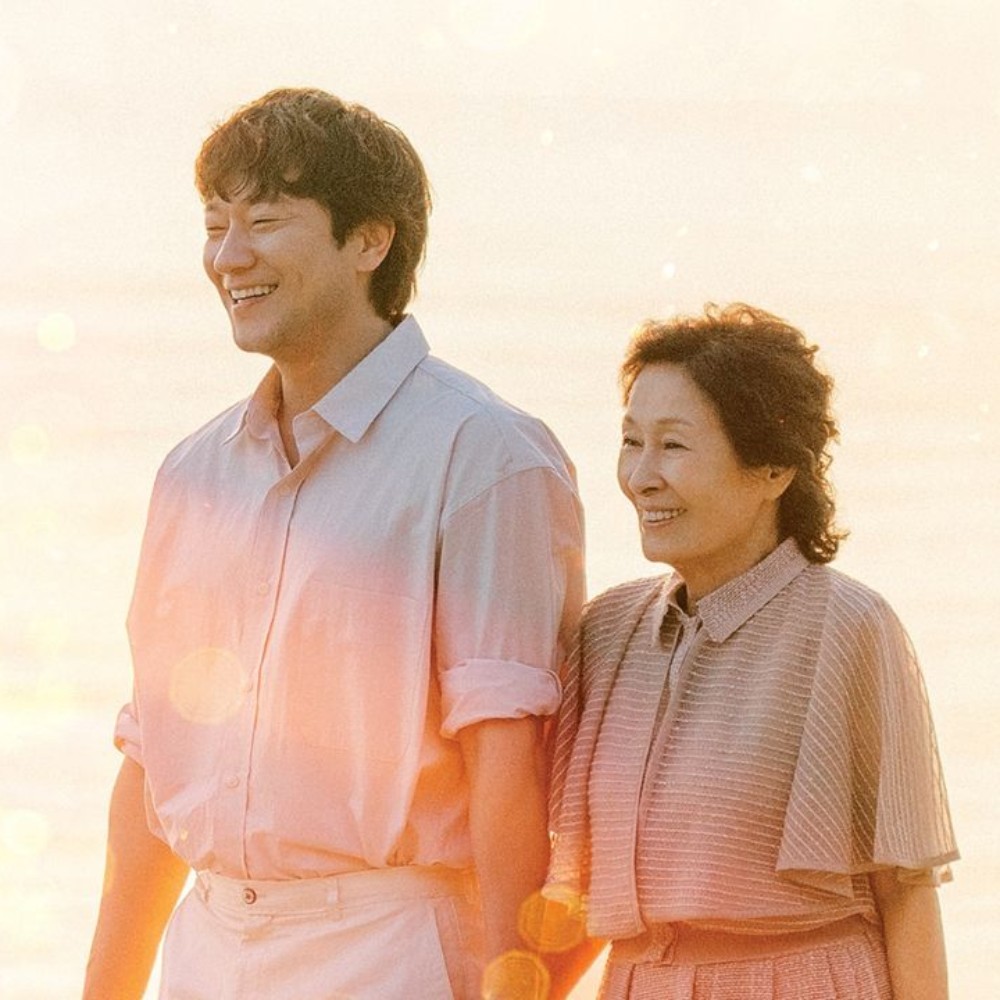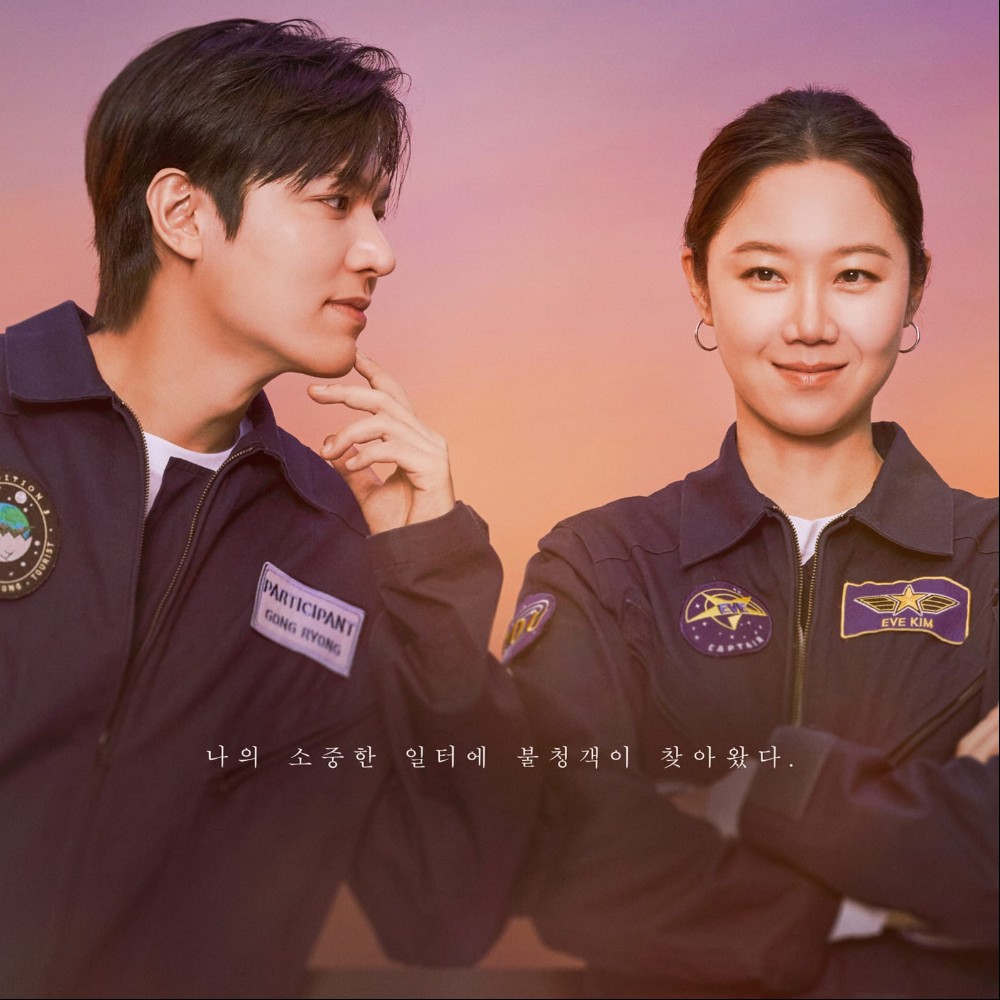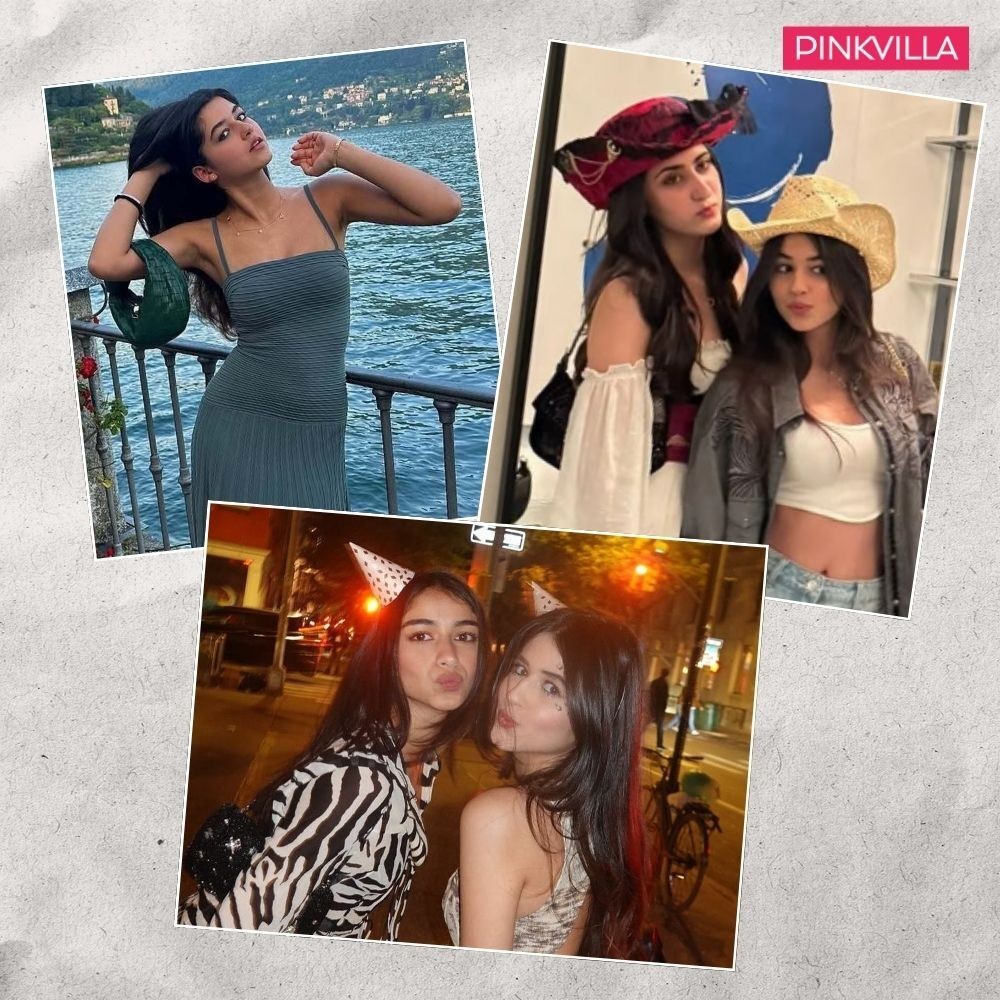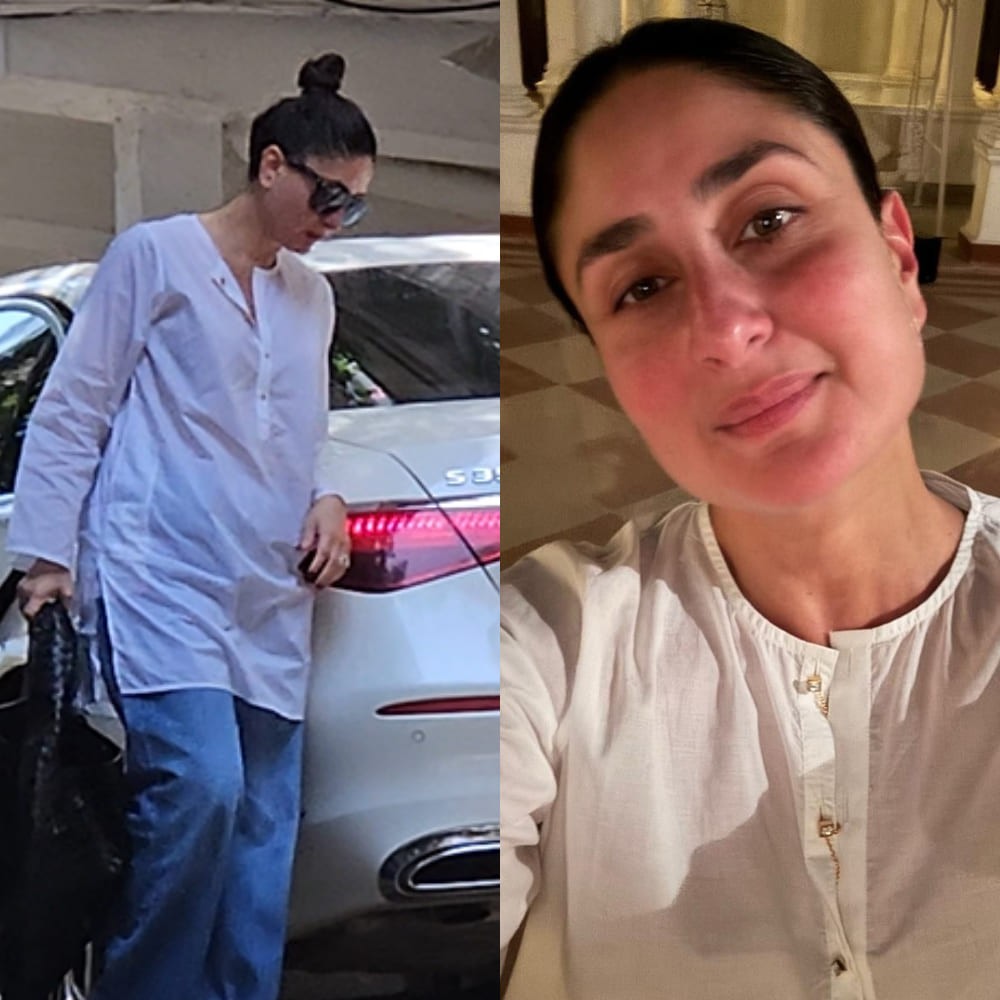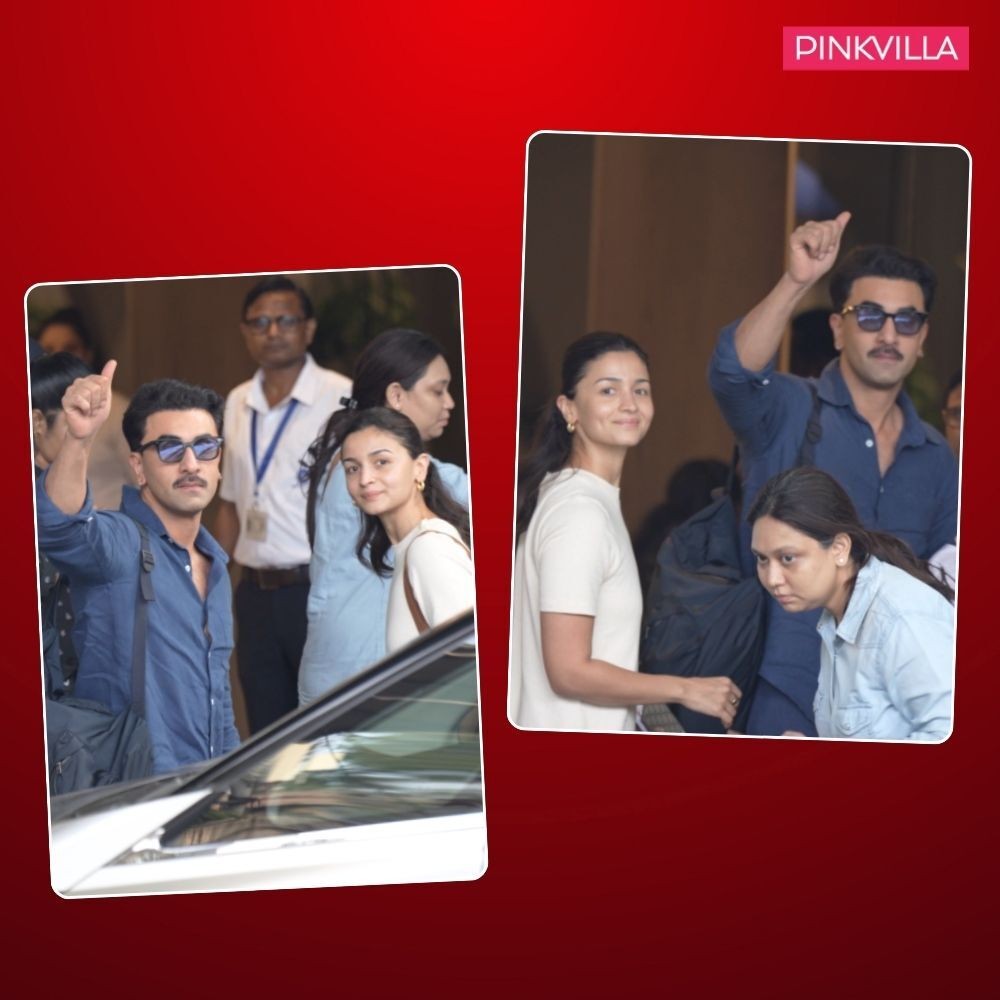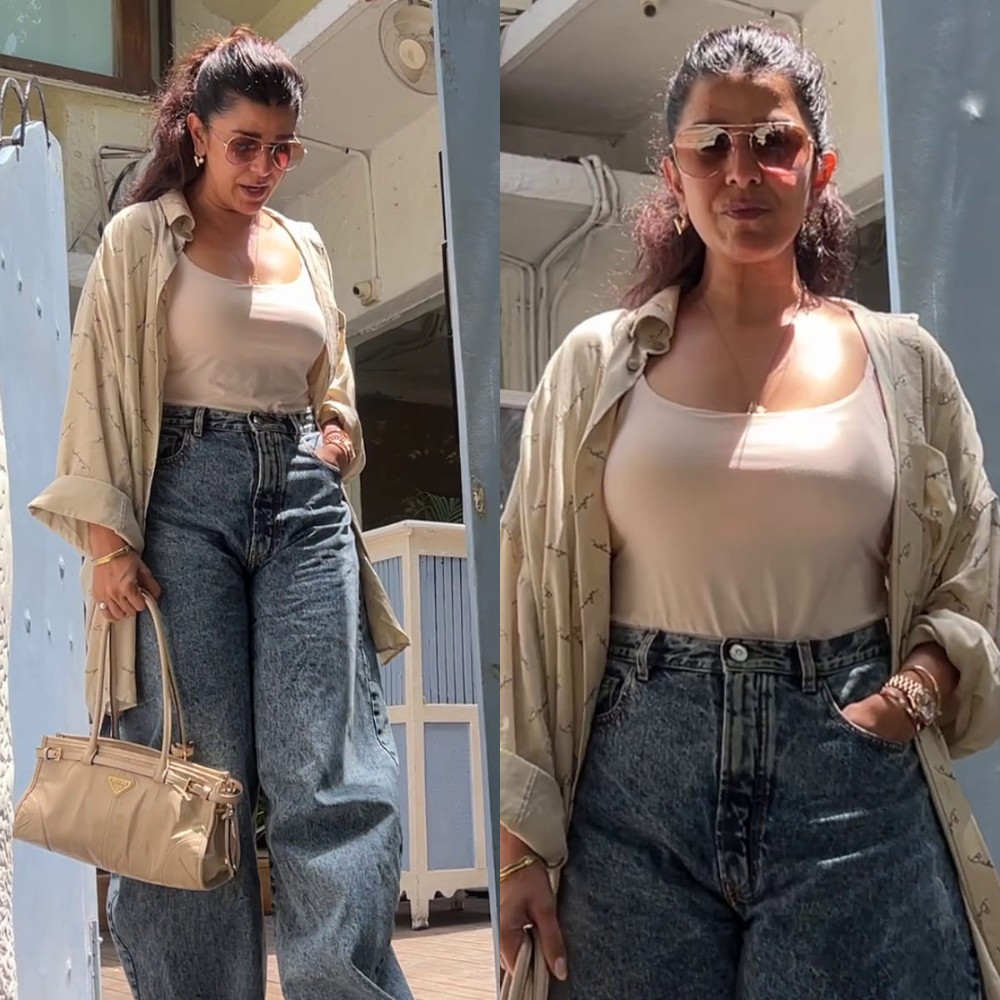When Life Gives You Tangerines ending explained: IU and Park Bo Gum’s slice-of-life drama proves even when love ends, it leaves lasting spring
When Life Gives You Tangerines beautifully captures life coming full circle—from youth to 70. It shows that love endures even after loss, but life moves forward, carrying those memories with it.
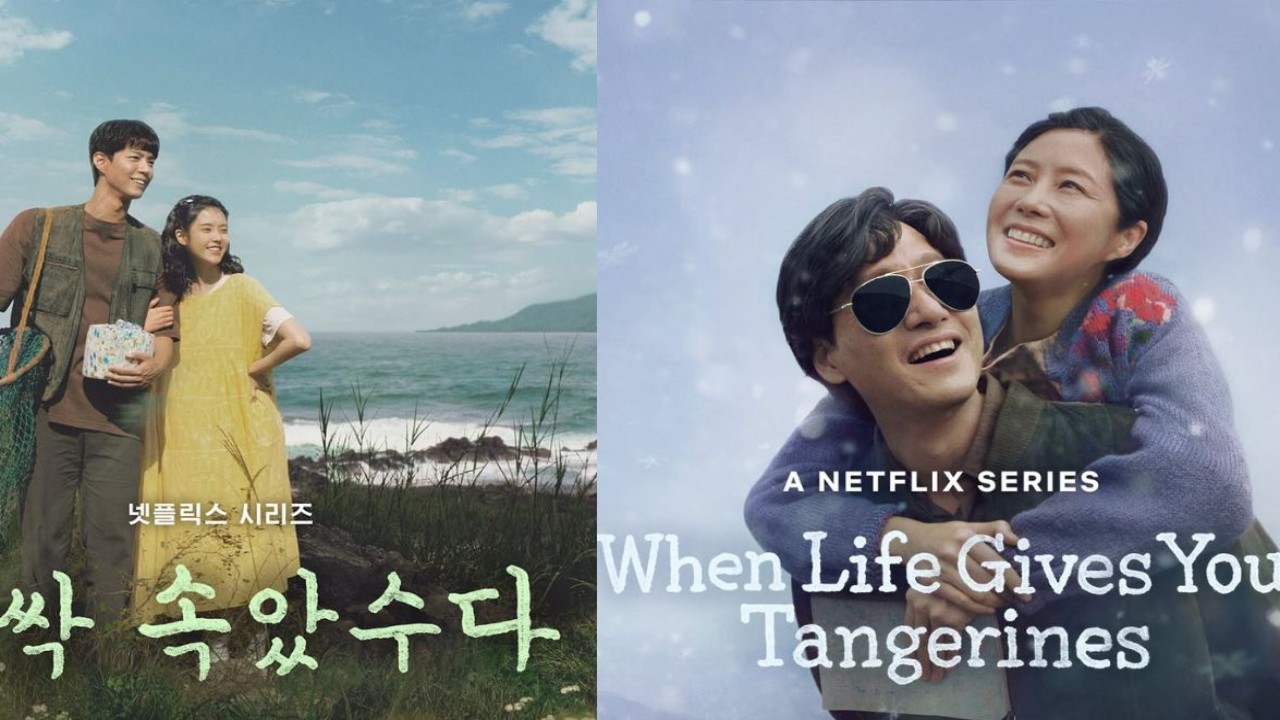
When Life Gives You Tangerines, the Netflix slice-of-life K-drama, closes with a haunting yet tender reflection on time, love, and resilience. The non-English series with 16 episodes delivers a beautiful series that shows that life is all about experience and does come full circle if we live properly. The journey of Oh Ae Sun (played by IU) and Yang Gwan Sik’s (played by Park Bo Gum) love story saw countless springs, with each season bringing growth, struggle, love, happiness, melancholy and the inevitable sacrifice to encash life to keep children and grandchildren safe.
There are several unanswered questions; don’t worry, we have got your back.
Before diving into the ending explanation of the story, let's explore the Korean title of When Life Gives You Tangerines. The show's Korean title, "포경 속왔수다," carries a unique cultural resonance that the English title does not fully capture. In the Jeju dialect, it translates to "thank you for your hard work" or "you have endured," which perfectly aligns with the storyline. Throughout the series, Oh Ae Sin's voice and thoughts echo persistently, highlighting the challenges she faced alongside her life partner, Yang Gwan Sik.
From the inevitable losses life brings to experiencing a love that remained as steadfast as it was in her adolescence, the story encapsulates their journey. The love Oh Ae Sin and Yang Gwan Sik shared, the life they built, and the memories they leave behind are all distilled into one simple truth—life is hard, but it is beautiful, and it goes on.
The ending - Episode 16—shows Oh Ae-sun, who is now in her 70s, gently explaining to her daughter Geum Myeong (also played by IU) in the last episode that growing older isn't as significant as people may believe. She asserts that "growing older is nothing exceptional." "You feel the same on the inside, but when you look in the mirror, you see an old woman."
Her words, which trace her pleasures and sorrows across seven decades, have the weight of the years we have known her. This series explores the peaceful, profound beauty of everyday life and the wounds it leaves behind, going beyond a family's experience of modern-day Korea.
The death of Yang Gwan Sik, Oh Ae Sun's husband and a constant in her life since they were young, is at the center of the final episode. Their love story is characterized by devotion through adversity; Gwan-sik first showed up in Oh Ae Sun's life as a young boy who gave her fish when she was left on her own; they went on to lose a child, raise two more, and become well-liked elders in their community; as he lies dying, he apologizes for not making her life easier, but Oh Ae Sun reassures him: "Thanks to you, I was never lonely for a day."
Oh Ae Sun never felt bad about picking Gwan Sik over her previous fiancé, Bu Sang Gil. Yang Gwan Sik opted for devotion and love, whereas Sang-gil sought prestige and power. Even though patriarchal conventions gave males authority over their families, Gwan Sik chose to love and care for Ae-sun instead of controlling her. This was a pleasant conclusion for Oh Ae Sun.
While deeply personal, When Life Gives You Tangerines is also a sweeping reflection on Korea's modernization. It weaves the nation’s history seamlessly into the lives of its characters. From election fraud in 1960 to the social transformations that followed, the drama anchors its emotional beats in the context of real events.
Looking into Oh Ae Sun's daughter reveals that she has a tragic love tale. Later in life, she falls in love with artist Park Chung Seob in a different way. He got her a part-time job painting movie posters when she was a college student, which is how their paths first met. Yeong-bum possessed the heart of Geum-myeong at the moment, but destiny had other ideas.
After serving in the military for years, Chung Seob accidentally spots her on a bus and follows it. A new chapter is beginning with this endeavor. According to Geum Myeong's voiceover, the warmth of her love for each man was different, but the immensity of her love remained the same. She found a love that allowed her to be herself with Chung Seob. She eventually found her prince, but it wasn't the one she had anticipated.
The final episode frames Ae-sun and Geum-myeong's professional achievements as milestones of social progress. Denied formal education due to class and geography, Oh Ae Sun becomes a poet in her later years. She channels her experiences into words and, after Gwan-sik's death, dedicates herself to teaching elderly residents at a Jeju nursing home to read and write. Geum-myeong, on the other hand, becomes a successful early tech entrepreneur. Driven by the memory of her mother’s lost opportunities, she creates an online lecture platform to make education accessible to those who have been left behind.
But aside from landscape, how can a single location be meaningful? Jeju Island itself is a live, breathing character in the narrative, not merely a location. Even though a portion of the tale takes place in Seoul, Jeju, with its unique history and culture, is where the series truly sparkles. The drama honors Jeju's haenyeo, or female divers, as well. It is revealed that Chloe Lee (played by Yeom Hye Ran), a figure who seems to be the reincarnation of Oh Ae Sun's deceased mother, is the editor of her poetry book.
We see glimpses of Chloe Lee as a youngster at significant points in Jeju's history throughout the series. The belief that life goes on in cycles and that the people we lose never really leave us. It's a moment of pure, unconditional affection as Oh Ae Sun calls out to the mother she still misses while standing by the water. She sees her mother in a better place, away from the sea life.
The series ends with a heartfelt conversation between Oh Ae Sun and her daughter. Her daughter gently asks if she is happy, and with a warm smile, Oh Ae Sun softly replies that she is. For her, from the moment she fell in love at the age of nine until now, life has always felt like spring—beautiful, hopeful, and full of warmth.
In the final scene of When Life Gives You Tangerines, a young Oh Ae Sun and Yang Gwan Sik laugh together in a lush, green field, capturing their dreams through a camera lens. They speak of the future with bright eyes and endless possibilities. Over this tender memory, the voice of the older Oh Ae Sun echoes softly, reflecting on her life—how it was always like spring. And as she looks ahead, she promises that until the day she and her beloved meet again, she will be waiting.





 JOIN OUR WHATSAPP CHANNEL
JOIN OUR WHATSAPP CHANNEL
